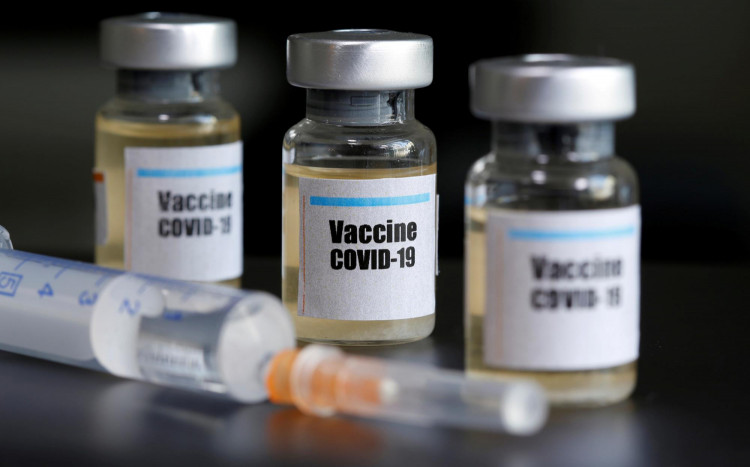Widely publicized health and food safety scandals plaguing Chinese-made products are tarnishing China's efforts to gain worldwide acceptance of its new COVID-19 vaccines now under development.
Of the seven COVID-19 vaccine candidates in phase-3 clinical trials, four are being developed by Chinese biotech firms and funded by government money. There are, however, strong concerns in the global medical community about the quality of the Chinese vaccines. That one of these vaccines is already being used to inoculate the general population without completing phase-3 trials is being criticized by health professionals worldwide.
The four Chinese vaccines in phase-3 trials are Ad5-nCoV from CanSino Biologics; the CoronaVac vaccine from Sinovac Research and Development Co.; an inactivated vaccine from the Wuhan Institute of Biological Products and a vaccine candidate from China National Biotec Group (CNBG).
There are health and political reason for China rushing to develop a safe and effective COVID-19 vaccine. For one, a vaccine might help soften world anger at China being the source of the coronavirus that causes COVID-19. Another reason is a vaccine might also defuse anger at China's covering-up the extent of COVID-19's spread in Wuhan in January.
China's communist government "sees science and technology as tools of national greatness," noted Yangyang Cheng, a scientist and postdoctoral fellow at Cornell University.
Victory in the vaccine race against the world, especially against the Trump administration, will give China a new tool for diplomacy and might even win it more allies. China said it will give priority to Cambodia, Laos, Myanmar, the Philippines, Thailand and Vietnam when it releases its first vaccine.
One of these vaccines has also been used to inoculate frontliners in China. Last week, the National Health Commission (NHC) admitted to vaccinating medical staff, border inspection officials and other essential workers for more than a month with one of the four vaccines under development.
Dr. Zheng Zhongwei, director of the NHC's science and technology development center, said Beijing authorized the "emergency use" of the vaccine on July 22. He justified the decision to begin inoculating certain groups even as the vaccine is still undergoing phase-3 testing as "in line with the law."
He said the vaccinations will later include people who work in the transport and service industries and at wet markets so as to create an "immunity barrier," or herd immunity. He said health workers and border officials were chosen to receive the inoculations as they were more likely than most to get infected with the coronavirus that causes COVID-19.





